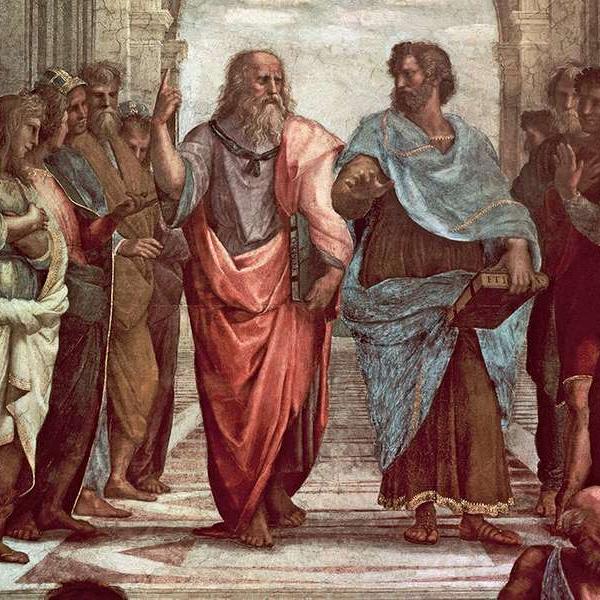Literature and Philosophy
Faculty who are interested in connecting philosophical to literary considerations represent almost the entire stretch of literary history, from medieval to twentieth-century studies, from British and American to Transatlantic traditions. Such a range indicates a varied set of interests and concerns, but we also offer significant combined strengths. Study of the relationship of literature to ethics and morals is one such strength. The range of thinkers and schools we include in such study are Aristotle and his medieval heirs, Erasmus and Montaigne, David Hume, Adam Smith, and the Earl of Shaftesbury. Another combined strength is the literary engagement with the empiricist tradition beginning with the revival of skepticism in the sixteenth century; the scientific and epistemological developments of that tradition from Bacon, Boyle, Locke, and Hume to Russell, Quine, and Wittgenstein; and the critique of this tradition in William James, Whitehead, Deleuze, Latour, and Isabelle Stengers. We are interested in literature as a philosophical practice and in philosophy as a provocation to literary practice.
Faculty Experts

